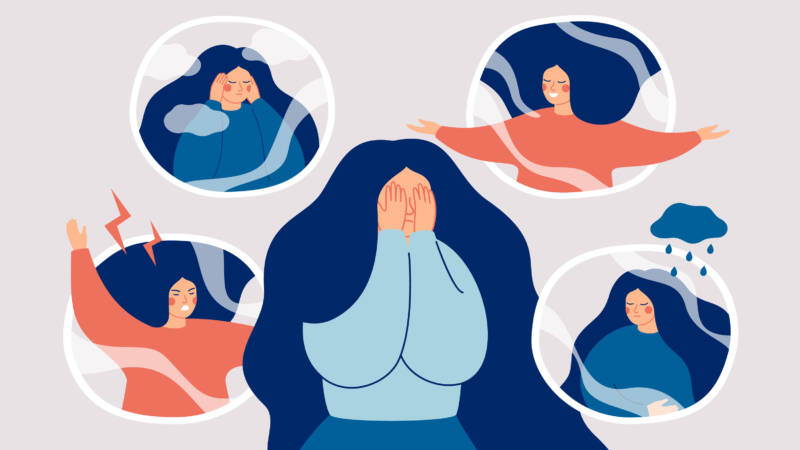Understanding Schizophrenia: Signs, Symptoms and Treatments

Schizophrenia is a chronic and often severe neurological disorder that affects roughly 1.2% of people in the United States. According to the World Health Organization (WHO), around 1.5 million people are diagnosed with schizophrenia every year, worldwide. The average age of onset differs based on gender, with most men being diagnosed between the ages of 18 and 25, and most women between 25 and 30. It is estimated that approximately 40% of people living with the disorder are undiagnosed and living without treatment. This article discusses the early signs and symptoms of schizophrenia, along with current treatment options.
What Is Schizophrenia?
Schizophrenia is a brain disorder that interferes with the person’s ability to engage in rational thought, manage their emotions, and relate to other people. Though rare, it is known to be one of the most debilitating neurological diseases. Schizophrenia presents differently from one patient to another, with symptoms including hallucinations, paranoid delusions, disturbed speech patterns, inability to think clearly and depressive behavior. Contrary to common misconception, it is not a disease typified by split or multiple personalities. While some people with schizophrenia are able to live independently, others rely on family support or live in specialist mental health accommodations.
Early Signs and Symptoms
The symptoms of schizophrenia often fluctuate over a patient’s lifetime, depending on the onset, lifestyle triggers and adherence to treatment plans. Alcohol and drug abuse are common among schizophrenia sufferers, and are known to aggravate symptoms. When diagnosing the disorder, psychologists consider three categories of symptoms, as outlined below.
Cognitive Symptoms
This category of symptoms cover behaviors that reflect disturbed cognition. They include disordered speech, illogical thought patterns, difficulty concentrating, and trouble making plans and with memory. People displaying cognitive symptoms may also suffer from erratic or abnormal patterns of movement.
Negative Symptoms
Negative symptoms are those that diminish functioning in schizophrenic patients. These symptoms are often the first to appear during the earlier stages of the disorder. They include depressive behavior, loss of interest in normal activities, decreased motivation, and a deterioration of relationships and thinking.
Positive Symptoms
Positive symptoms are not “good” symptoms, but rather, are named because they are not normally present in a person and have been added as a result of schizophrenia. These include mild to extreme paranoia, which may present as warped perceptions, behaviors and beliefs. Hallucinations, such as seeing or hearing things which do not exist, also fall into this category.
Schizophrenia Treatments and Management
As there is no cure for schizophrenia, treatment is centered around management of symptoms. With the right treatment plan, sufferers may experience long periods of remission. Most people living with schizophrenia will be prescribed a combination of antipsychotic medication and psychotherapy.
Antipsychotic drugs can effectively manage delusions and hallucinations by regulating neurotransmitters such as serotonin and dopamine. They can be taken as daily pills, or less frequently, as shots administered by medical professionals. The latter is usually reserved for patients suffering with severe symptoms who may have difficulty managing their own medication regime.
Recent research suggests that psychotherapy is most effective when applied in conjunction with antipsychotic medication. It has shown promise in easing the cognitive symptoms of schizophrenia, such as depression, erratic behavior and the inability to relate to other people.
Are You Concerned?
Schizophrenia is often devastating to both the patient and those around them when left untreated. It can severely impact quality of life and reduce life expectancy. If you are concerned that you or a loved one may be suffering from schizophrenia, you should make an appointment to speak with your general practitioner immediately. They will be able to refer you to an appropriate mental health professional, if it is deemed necessary.